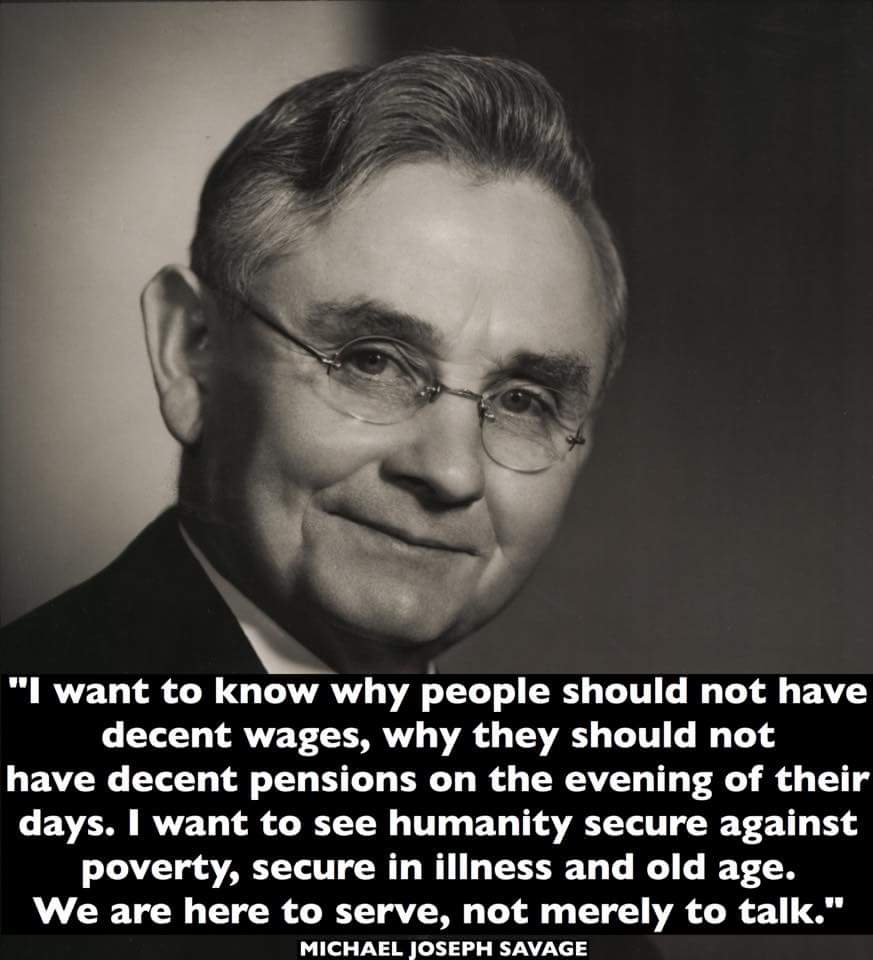
Child Poverty Action Group (CPAG) will hold its Social Security SummitInvesting in Children on Friday, September 2 at the University of Auckland. Building on the inaugural event last year, the Summit will focus on the Government’s proclaimed ‘social investment approach’ to welfare reform.
This social investment approach to New Zealand’s welfare system is a business model which focuses on reducing the cost of welfare without regard for the wellbeing of those affected.
“It is deeply flawed”, says CPAG spokesperson Associate Professor Mike O’Brien.
“It imposes sanctions as a means to discourage welfare uptake. It defines children as at higher risk and requiring early intervention using four indicators: having a CYF finding of abuse or neglect, being mostly supported by benefits since birth, having a parent with a prison or community sentence, and having a mother with no formal qualifications. It confuses correlation with causation and ignores entirely the reality that poverty is the principal indicator for higher risk.”
The Government considers ‘paid work’ as the only solution to entrenched poverty but does not value the role of parenting as fundamental to the wellbeing of the child. Nor does it recognise the effects on families of the lack of meaningful work opportunities and low-wages.
Since the National-led government announced its intentions in 2012, poverty among families in New Zealand has increased. Low-paid working families are finding it harder and harder to get by, as welfare safety nets have been eroded, and costs have risen dramatically.
CPAG held grave concerns that by adopting the USA’s harsh approach to welfare reform, New Zealand would suffer similar negative consequences with numbers receiving benefits reduced, but poverty and hardship increasing, and many people simply disappearing from both welfare and employment statistics. The social investment approach targets a small group of children and ignores the poverty and deprivation faced by too many children and their families.
Now, in 2016 these fears have been proved justified. While Government has applauded their ‘success’ of fewer people on welfare benefits, there is no gauge of whether the financial position or the well-being of these people has improved or worsened. Sanctions imposed on beneficiaries may be a cause of lower numbers.
On September 2, CPAG welcomes everyone concerned with advancing child-centred policies in the welfare system. The day-long event features guest presenters who are experts in their fields. A panel of social service providers will comment on their experiences of the Government’s social investment approach. The afternoon sessions will be devoted to revealing approaches that are genuinely child-centred. Please follow this link to register.





Hi… can’t find the link to register?
Nessa
Comments are closed.